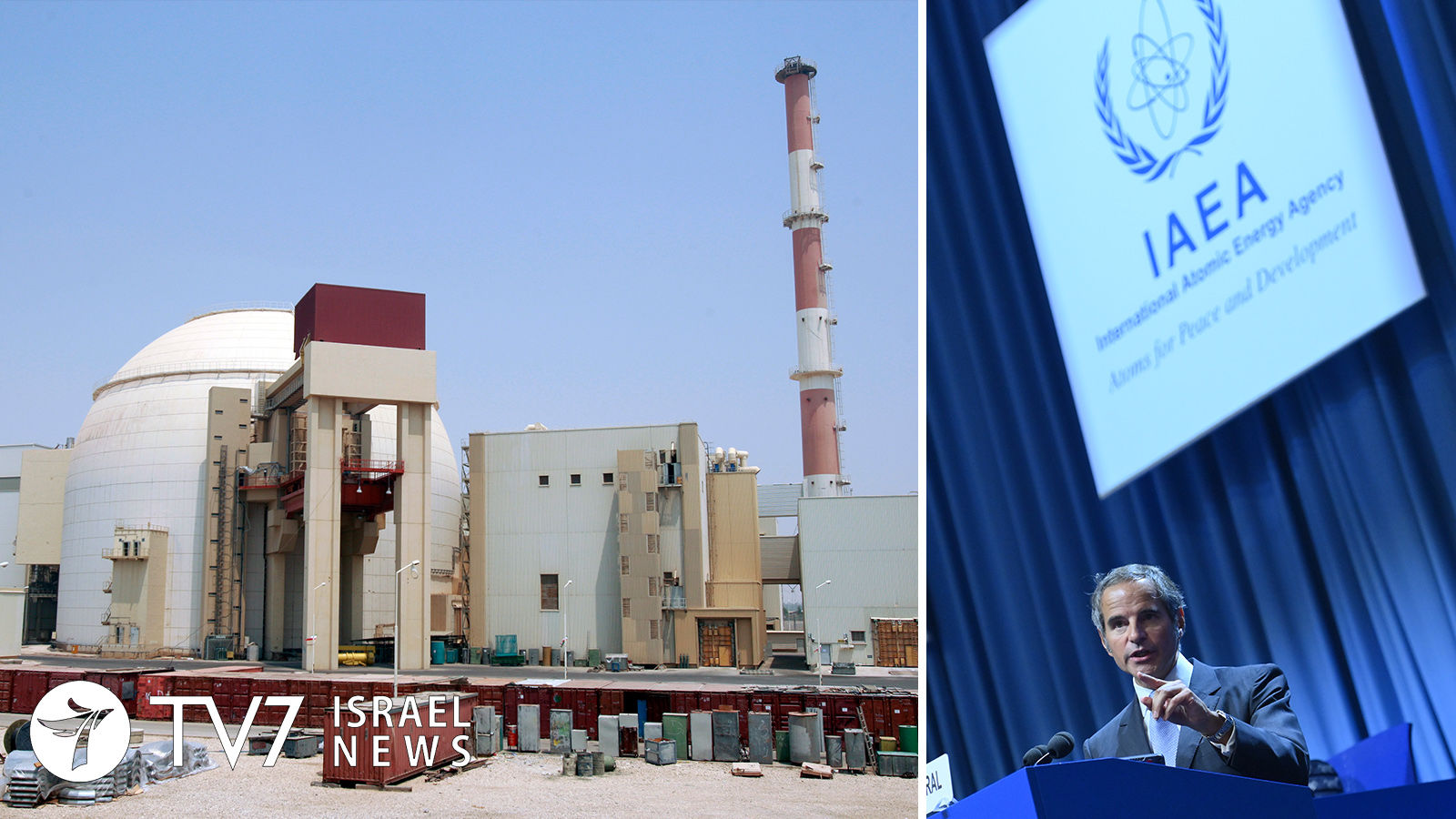Iran is facing diplomatic retaliation if it does not immediately honor its agreement to permit inspection by the International Atomic Energy Agency, the US threatened yesterday.
By Erin Viner
“We are deeply troubled by Iran‘s refusal to provide the IAEA with the needed access to service its monitoring equipment, as was agreed in the September 12 Joint Statement between the IAEA and Iran,” read the US statement to the IAEA’s 35-nation Board of Governors.
The US response came after Iran denied IAEA monitors to access a workshop at the TESA Karaj complex that produces components for centrifuges, the machines that enrich uranium. It is also the same site where 1 of 4 IAEA cameras were destroyed in a June sabotage attack after which all were removed by Iran. Footage from the damaged camera has never been located.
“We call on Iran to provide the IAEA with needed access without further delay,” said the US, underscoring that, “If Iran fails to do so, we will be closely consulting with other Board Members in the coming days on an appropriate response.”
The Ayatollah regime avoided a major diplomatic escalation with the West last month by agreeing to let the IAEA service the remaining equipment such as the urgent replacement of nearly-full memory cards – including at the TESA Karaj workshop, where cameras were set to be re-installed.
In support of the US position, the European Union informed the IAEA board yesterday that Iran’s failure to open the workshop for inspection is “a worrying development, contrary to the Joint Statement reached on 12 September 2021.”
The EU also demanded that Tehran comply with IAEA inspectors “without any further delay.”
Iran’s Ambassador to the IAEA Kazem Gharibabadi claimed on Twitter that equipment at Karaj was “not included for servicing” due to ongoing investigations and that the reported allegation on Sunday “goes beyond the agreed terms of the JS (Joint Statement).”
The most likely response from the IAEA Board of Governors is a condemnatory resolution of the Islamic Republic, that could trigger the collapse of indirect talks in Vienna which Tehran has been holding with Washington aimed at bringing both sides back into compliance with the 2015 Joint Comprehensive Plan of Action nuclear deal.
In related developments, the IAEA criticized as “unacceptable” incidents in which international diplomats revealed last month that its female inspectors had been subject to inappropriate and intrusive searches by Iranian security personnel at the Natanz nuclear site. The first of several instances of harassment is believed to have occurred in June. The US issued a statement demanding that “such conduct is deplorable and must end immediately, and that the Board should take appropriate action if further incidents are reported.”
